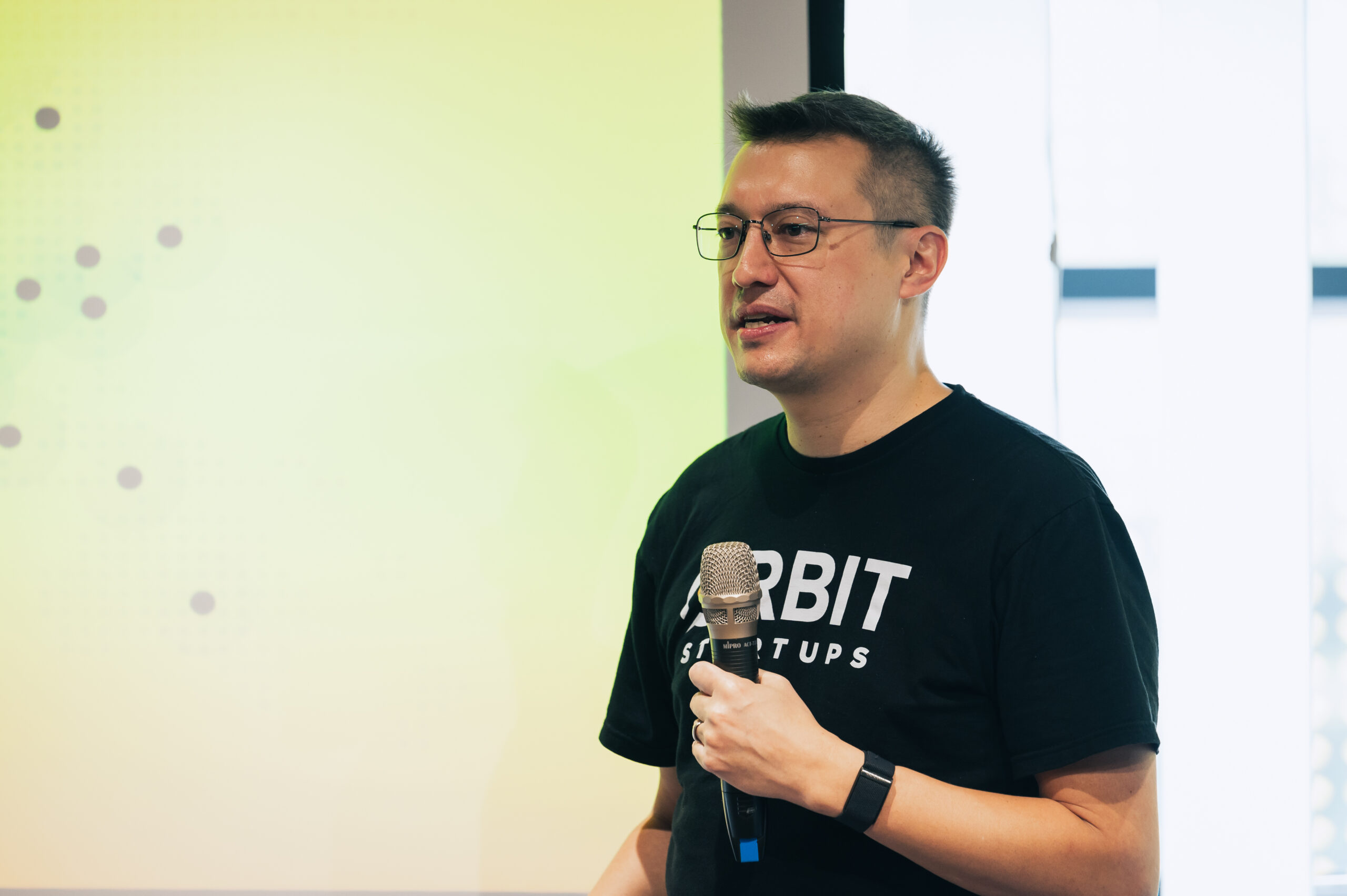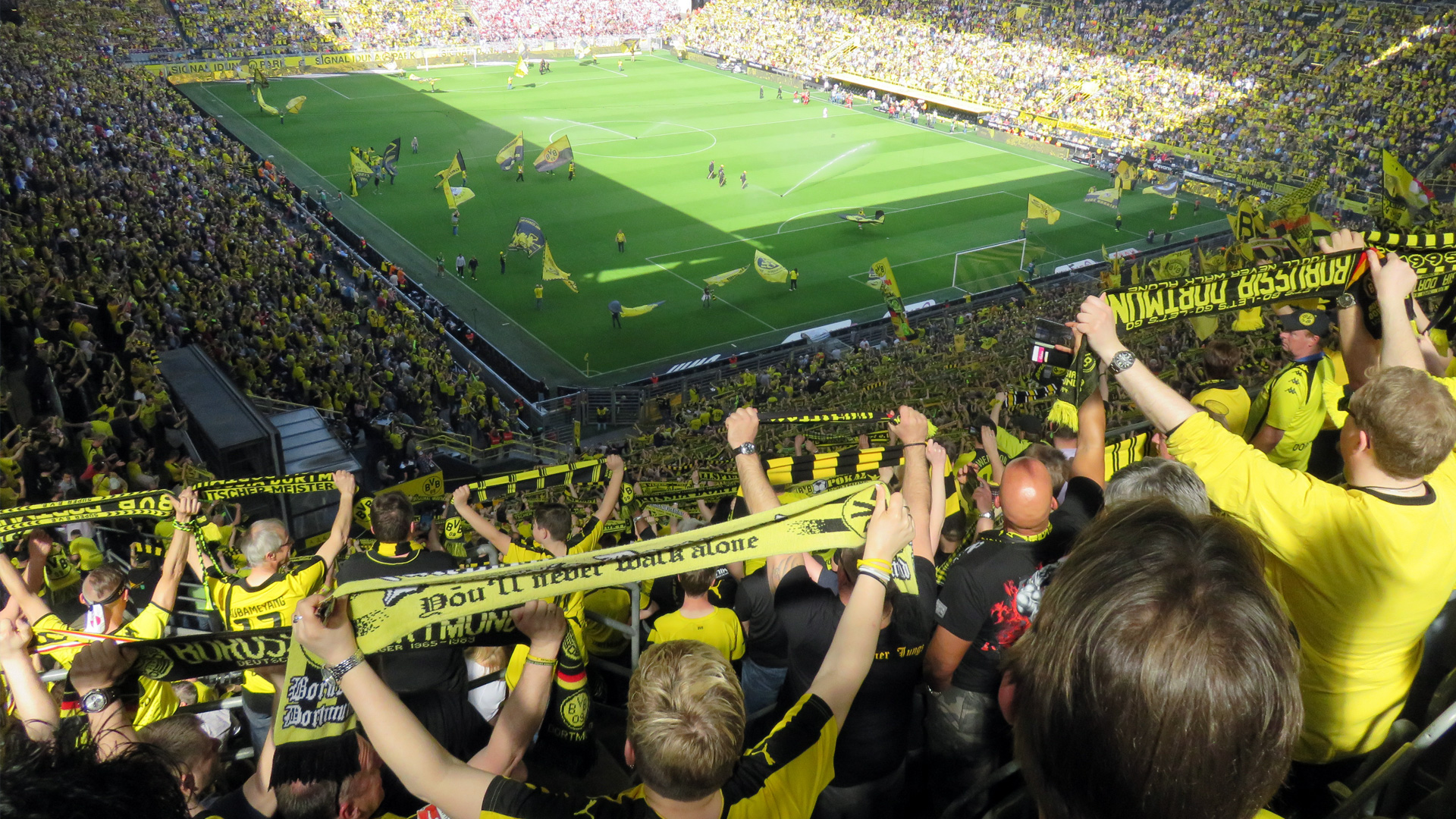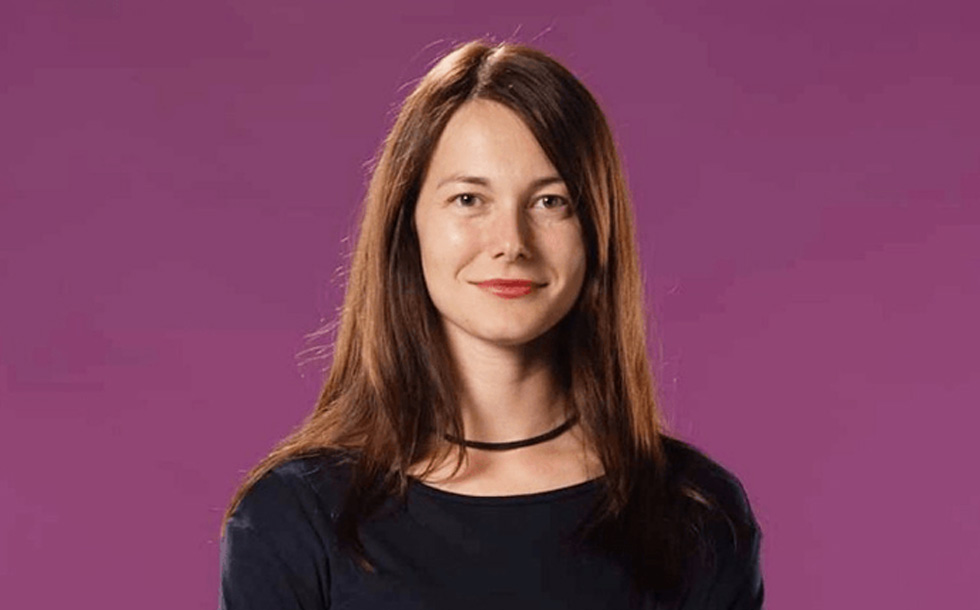
Pakistani startup PriceOye, which has taken inspiration from China’s JD.com and India’s Flipkart to build a managed marketplace of electronics products, has raised $7.9M in total from a diverse group of investors, including renowned entrepreneur Peter Thiel, co-founder of PayPal. This is Thiel’s first investment in Pakistan.
The seed funding round was led by JAM Fund—a venture capital firm founded by Justin Mateen, the creator of Tinder. Prior to this round, PriceOye had successfully raised pre-seed funding from SOSV’s Orbit Startups, Fatima Gobi Ventures and Artistic Ventures.
Adnan Shaffi, co-founder and CEO of PriceOye, told TechCrunch that the startup has already served 45 million unique users in Pakistan over the past two years, representing a significant 37.5% of the country’s total internet user base. Notably, 35% of its orders originate from tier-two and tier-three cities across the country, showcasing its broad reach and popularity.
The duo looked at several startups in Indonesia and India and found the Asian markets were following similar consumer internet trends—just at a different pace.
Adan and his brother Adeel Shaffi are no stranger to the startup scene: after exiting two startups, the duo looked at several startups in Indonesia and India and found the Asian markets were following similar consumer internet trends—just at a different pace. PriceOye was founded on the thesis that Pakistan will see similar adoption of consumer internet services in the next four to five years.
“We realized that in a market, where trust is one of the biggest factors, and there’s a lot of trust deficit between the consumer and the brand, the only way a marketplace can work is the managed marketplace model, which originally started out of China from JD.com, then replicated by Flipkart, and a lot of other players in Southeast Asia,” Adnan told TechCrunch in an interview.
With the fresh funding secured, PriceOye plans to expand its team of 97 members by hiring new talent. Additionally, the company aims to establish offline experience centers, starting with three locations in high-end shopping malls across Islamabad, Karachi, and Lahore, in order to bring the platform closer to customers.




